
I don’t think IndieReader is perfect by any means. For $140, the site needs to be offering a lot: how exactly is the site going to be marketed, who actually is going to be paying attention besides other self-published writers? Is there a method to getting the publishing industry to sit up and take notice, or just another place where writers list a book and feel like they’re making progress, but really aren’t doing much to increase visibility or book sales? In short, if writers are spending $140, what is IndieReader doing to promote the site and to whom? One of the criticisms of self-publishing is that it takes advantage of writers’ hopes – writers shell out a lot of money based on a lot of promises that are never fulfilled. IndieReader needs to make sure this isn’t the case.
Publishing Renaissance makes this criticism:
Once again, we see Old Publishing trying to shoehorn it’s methods into the new Internet environment. It’s the same 20th-century, top-down, corporate approach to deciding the value of media — an approach which runs antithetical to the realities of the business of media on the Internet. Just take a look at how online booksellers such as Amazon, or book recommendation websites like Goodreads help individual readers decide what to read next. They don’t make recommendations according to what a small number of tastemakers have chosen; instead, the recommendations are based upon community input and involvement.
I think my credentials for criticizing the gatekeeping system are pretty intact, but my defense is this: self-publishing is still carrying a lot of stigma. Though we can all dream that the new paradigm is upon us, the fact is, it isn’t. It’s an idea, a possibility. Right now, self-publishing is still criticized by a lot of people – many consider it an inferior form of publishing for inferior writers. Secondly, the new paradigm of self-publishers being able to subvert the system and take a book directly to consumers is a nice fantasy, but currently traditional distribution is a much better way of getting a book to consumers. Certainly Goodreads is a good method of reaching readers, but Goodreads plus Barnes & Noble distribution is even better. Until the Espresso Book Machine is in every corner store and bookstores do not determine what is sold then the old paradigm is still going to linger. That scenario may not play out for decades.
So working within the old paradigm is not the worst development because the new paradigm has not yet taken full effect – and working within the old paradigm does not necessarily mean it’s going to halt the new paradigm’s progress. Nowhere on this site do I say traditional publishing is bad – it’s fine, just the selection process for publishing books is flawed. If traditional publishing was able to be less market driven then it’s not necessarily a problem. Sharing space with other writers via a publisher’s imprint is a good system. Everyone doesn’t need to go it alone.
One criticism I’ve seen is that people say readers do not buy books based on where they’re published. To this I say: huh? I’ve frequently bought books based on where they’re published. When you buy a book from Soft Skull Press, you know you’re getting a certain kind of book, just as if you bought a CD from Sub Pop. Publishers have identities and there’s no problem with that. Selecting books based on some criteria is fine so long as that criteria isn’t purely based on profit.
So IndieReader fits this system. Potentially (it hasn’t been proven yet) it could be a Soft Skull Press of self-publishing. A place where people know they’re buying books of better quality. I don’t see trouble in that – in fact it’s a way to lend self-publishing legitimacy. It points out that self-publishing is a valid way for writers to publish. The site promotes the idea that good books are being self-published all the time. Even this is a stretch for a lot of people right now, so any enterprise that helps to counter self-publishing’s stigma is a good development. The fact that people from traditional publishing are entering the field of self-publishing lends extra clout – similar to Amazon publishing successful self-published books. You could say all they see are dollar signs, but they really do seem to see the necessity for self-publishing in this climate.
This is why I see good potential in IndieReader. The jury’s out if they make good on that potential, but the idea itself isn’t a bad one.
Get an Editorial Review | Get Amazon Sales & Reviews | Get Edited | Get Beta Readers | Enter the SPR Book Awards | Other Marketing Services


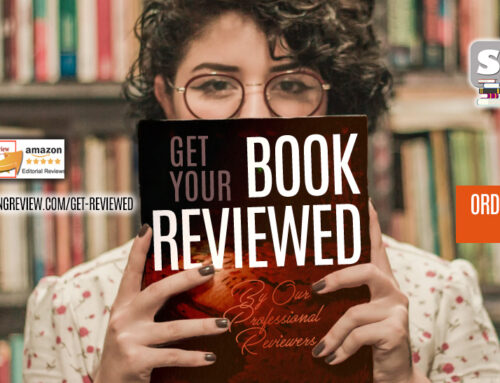
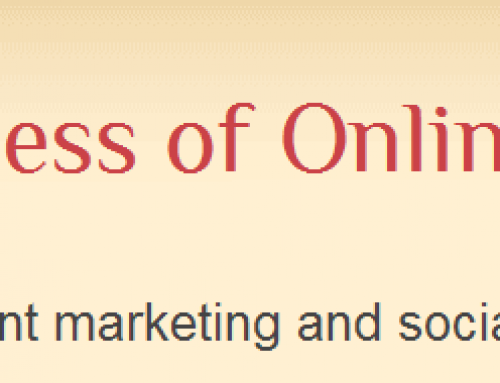
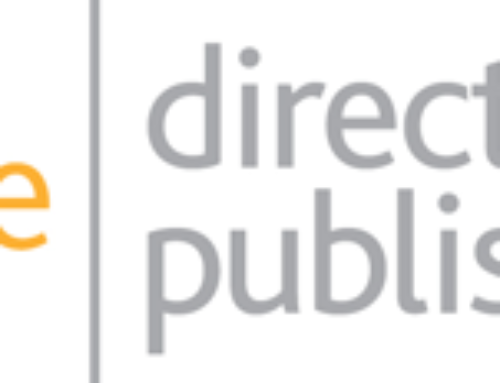
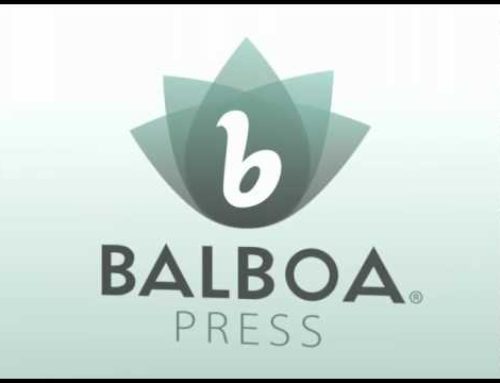

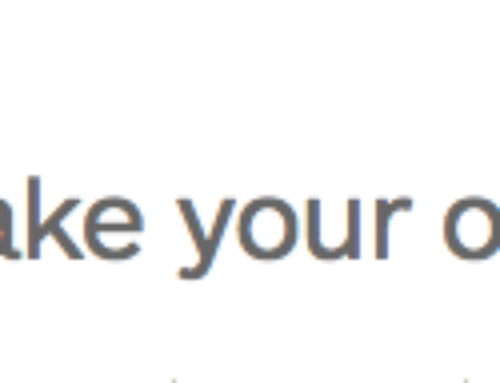
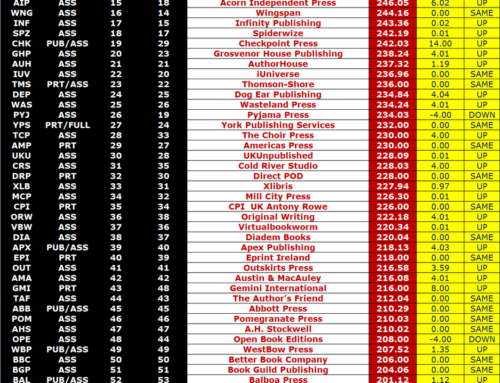
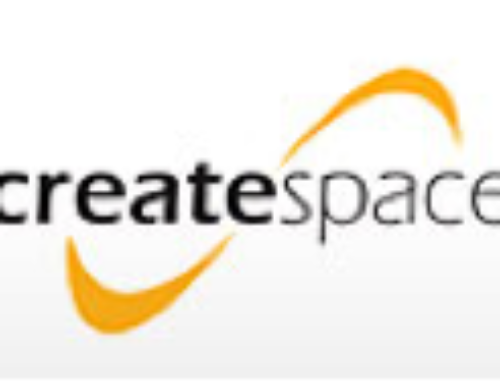


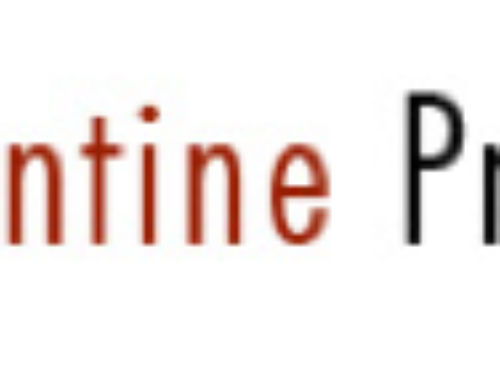

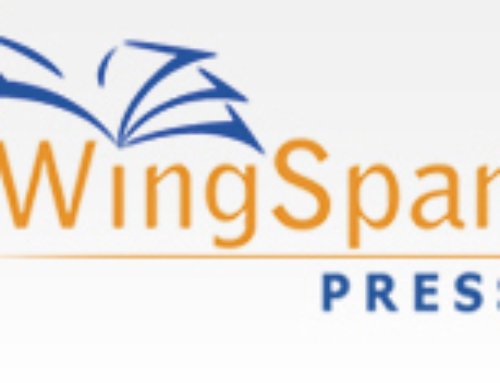
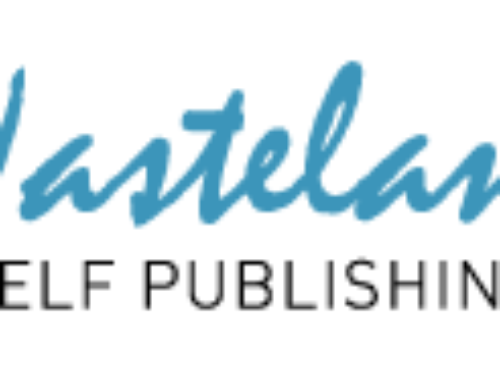

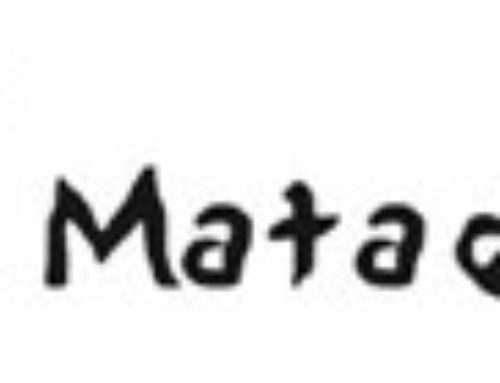

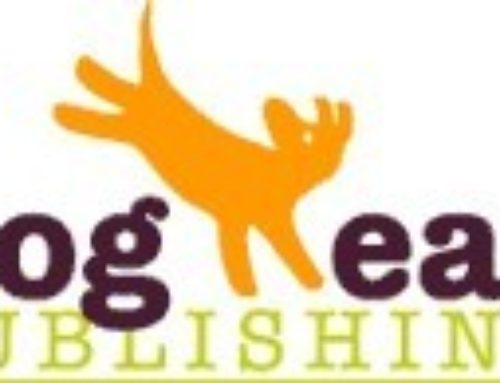
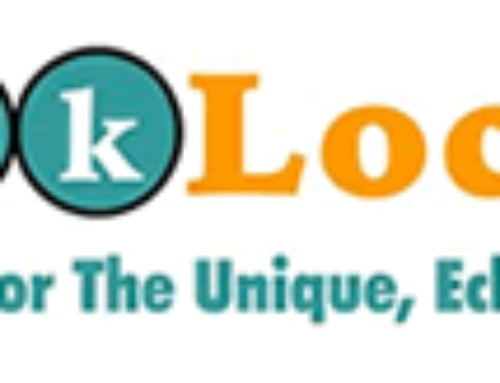

Okay, I’m going to ignore most of your post (because I don’t have much of an opinion) and just look at the second-to-last paragraph.
Really? That surprises me a lot. I’ve honestly never heard of Soft Skull Press (I’ve heard of Sub Pop Records, but I don’t know which bands are with them). I have decided against buying books because of their publishers–Llewellyn has a reputation among pagans for publishing unsophisticated introductory material and that wasn’t what I was looking for–but other than that, I don’t think I’ve ever even looked at who published a book. For fiction, I can’t imagine that the publisher would affect my decision on whether or not to buy a book. I’ve never heard anyone else say they have, either. Well, I’ve noticed some people (at least on that site) saying that readers, in general, do, but before this post I’d never seen anyone specifically saying that they do.
I wonder what percentage of readers does consider the publisher of a book they’re considering. Perhaps a poll is in order? Can that be done on this site?
Sure, I could do a poll. I’m thinking of Bleak House, Future Tense, Contemporary Press, mostly small presses that have a certain vibe about them. But mainstream places too: Vintage Crime and Vintage Contemporaries are places that have been reliable. A publisher’s no different than a record label. It’s not the first thing you look at, but a good brand matters.
Well, I notice who the publisher is. It’s never been the sole reason I’ve (not) bought a book, but it’s certainly an influencer. There are two small publishers here in Australia – Giramondo and Text – who consistently put out superior work, and I buy a lot of it. But this tendency of mine isn’t limited to small publishers: I can pick up almost anything published in Pan Macmillan’s vast Picador imprint over the last 37 years and pretty much know the kind of quality I’ll find there.
It remains to be seen if IndieReader is going to inspire the same kind of confidence in anyone. The parallels with independent film and punk rock don’t ring true for me. They might if self-publishing were full of challenging, experimental, non-commercial books breaking new artistic ground; books that were being resisted by risk-averse mainstream publishers who were too conservative or too stupid to see a new kind of literature blossoming around them. But is self-publishing really like that? Honestly? In some cases it is. But the majority of self-published books were aiming squarely for mainstream commercial success and just didn’t make the cut. Is paying $149 to a website going to change anything for that kind of book? Is it even going to change anything for the experimental book? I think IndieReader needs to be a lot clearer on precisely what you’re getting for your money.
I like the idea of trying to make self-publishing “cool”; make it less about vanity and rejection, and more about freedom, creativity and choice; make it anti-corporate, grass-roots, more ‘real’; pitch it to readers as a way of sidestepping the corporate filter and connecting directly with writers. But I don’t see how IndieReader will achieve that. On the face of it, they sound like just another publisher: they vet your work according to some undisclosed standard, and they might choose to take it on and promote it. The only difference is you pay them to. How is this cool?
I’ve been thinking a lot about IR’s proposal over the last few days, and I’m starting to wonder if foregrounding a book’s self-published status and trying to make it “cool” is really such a good idea.
In my experience, there is very little awareness of self-publishing as a phenomenon outside of the publishing industry (and I include authors and aspiring authors in that industry). The average reader doesn’t even know self-publishing exists. It’s only when you explain what it is, and why someone might choose this path (“They couldn’t find a publisher who wanted their book”) that they hesitate and start wondering about quality. Confronted with a self-published book on Amazon, or on the shelf in a bookstore, most readers would be hard pressed to tell the difference between it and a traditionally published book. One they get the book in their hands, however, it’s usually clearer. Poor or non-existent editing is the giveaway, if shitty cover design and amateurish layout weren’t enough. For me, those are the fundamental problems with most self-published books: they haven’t been through the editorial process, and they haven’t been professionally designed. (I think we often forget how many readers appreciate the book as beautiful object.)
So if someone wants to provide a real service to self-published authors, and make a pretty penny in the process, those are the services they should be offering for an affordable price: editorial assistance and design. Not “promotion” (whatever that means), and certainly not just focusing on those books that already satisfy the minimal requirement of not insulting the reader with their sloppiness. The sloppiness is the problem: that’s what needs to be fixed! Fixing it at a reasonable price would be a boon to the industry. Making self-publishing “cool” is a secondary goal, and I suspect that producing better books is a necessary step in that direction.
Following on from my last comment on sloppiness being the barrier, I just read this in the FAQ section of Mark Athitakis’ American Fiction Notes blog (http://americanfiction.wordpress.com/) on why he refuses to consider reviewing self-published books:
“One must draw the line somewhere, and I’m drawing it there. I’ve tried, honest, but I’ve yet to encounter a self-published book that held my interest more than it loudly broadcasted its failings.”
I could send him one or two books that might change his mind, but Mark’s is the prevailing view.
Whether Indie Reader will work out or not, whether self-publishing is the wave of the future or merely a passing phenomenon, whether the traditional publishers will figure out a better method of selecting books than buying what people bought last year — all of this remains to be seen. But, to state the obvious, we live in a fascinating time for writers. We have lots of precedents for self-publishing, and we’re free to pursue it if we wish. I find it tremendously exciting to be in greater control of my own writing future than with my three traditionally published nonfiction books.
That being said, I was interested in Indie Reader until I saw the price. It’s like buying space in someone’s catalog, or any marketing expenditure. Having self-published God’s Thunderbolt: The Vigilantes of Montana, when it comes to spending the money the book makes for me, I use the business side of my writer’s brain with another question. Is this listing the most bang for the buck? I’ll wait and see.
Is anybody as weary of seeing the phrase “new paradigm” as I am? New paradigms have been proliferating in the past 40 years to the point they’ve become an intellectual traffic jam; too often they’ve proven to be the same old breeding rabbits. I’d like to suggest a more apt term: “pachinko.” Self-publishing is now a pachinko of activity.
“Gatekeeping” as a term for filtering out literary wheat from chaff is new to me, and a little troubling. It sounds more like a fashion of moral do-gooding than gut literary criticism. That eerie side of it would, I hope, be prevented by a pachinko of altruistic critics, namely, ordinary readers.